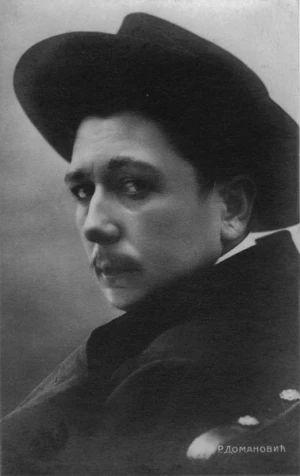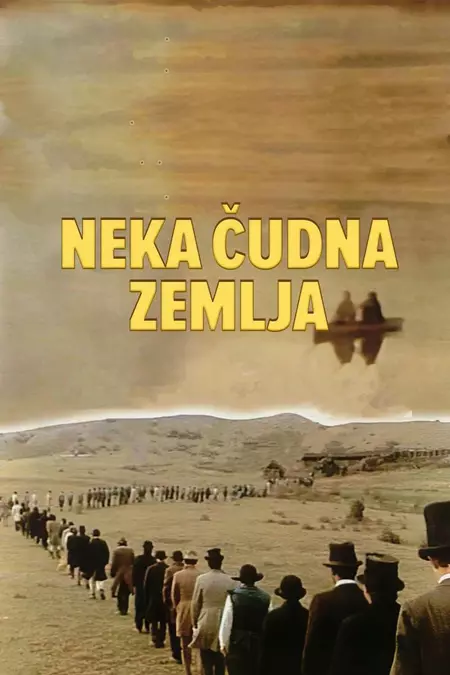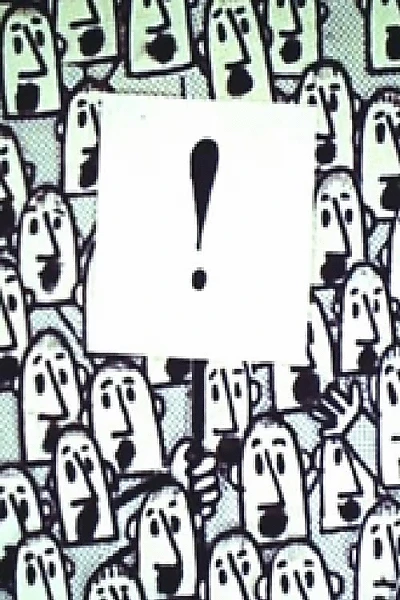Biography
(No Information)
Filmography
all 2
Movies 2
Writer 1
Information
Known ForWriting
GenderMale
Birthday1873-02-16
Deathday1908-08-17 (35 years old)
Birth PlaceOvsište, Serbia
CitizenshipsKingdom of Serbia
This article uses material from Wikipedia.
Last updated:
 Radoje Domanović
Radoje Domanović- Filmography
- Information

